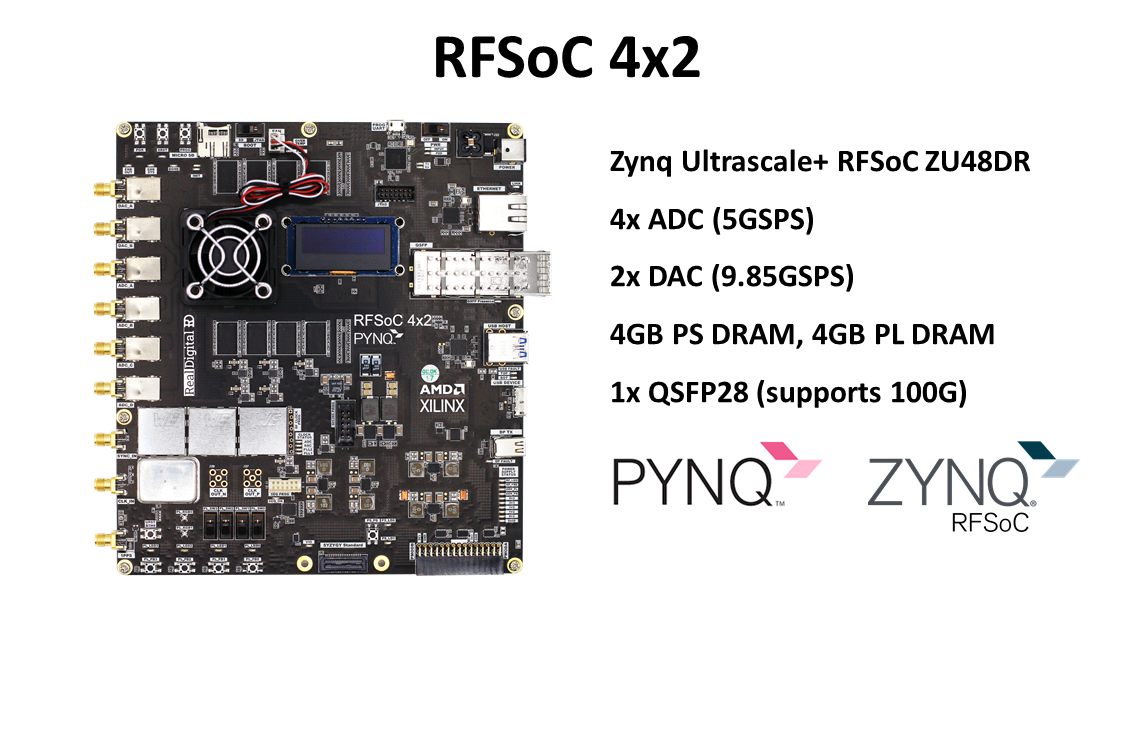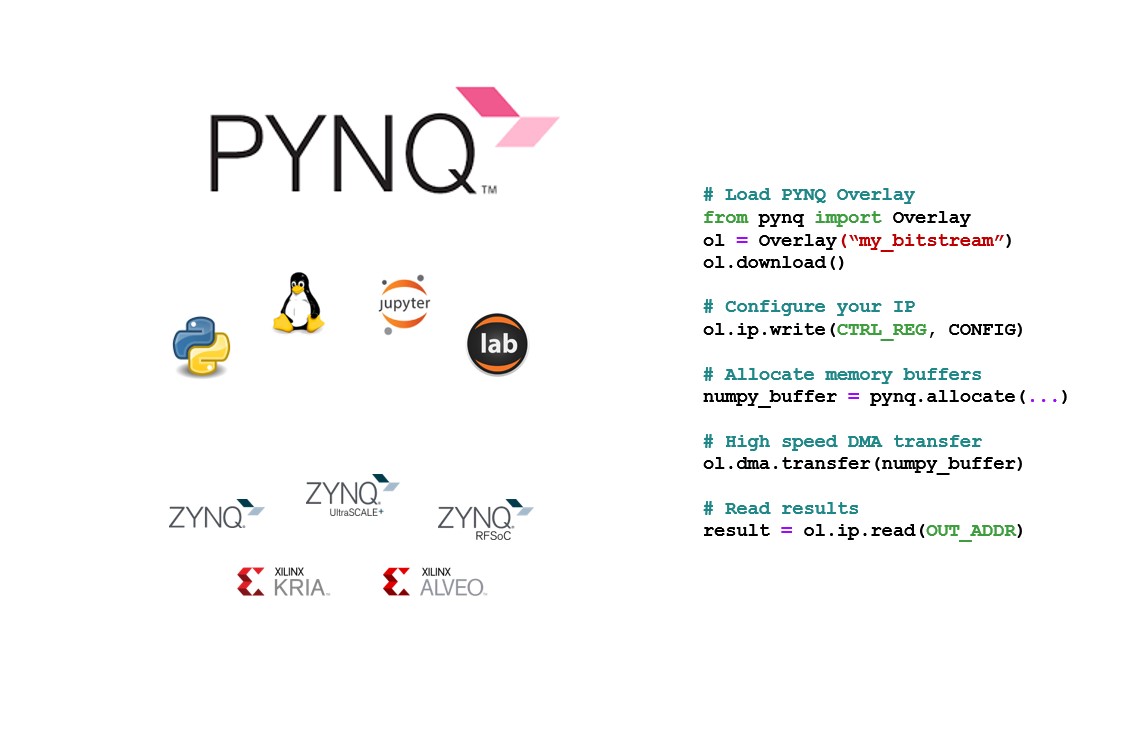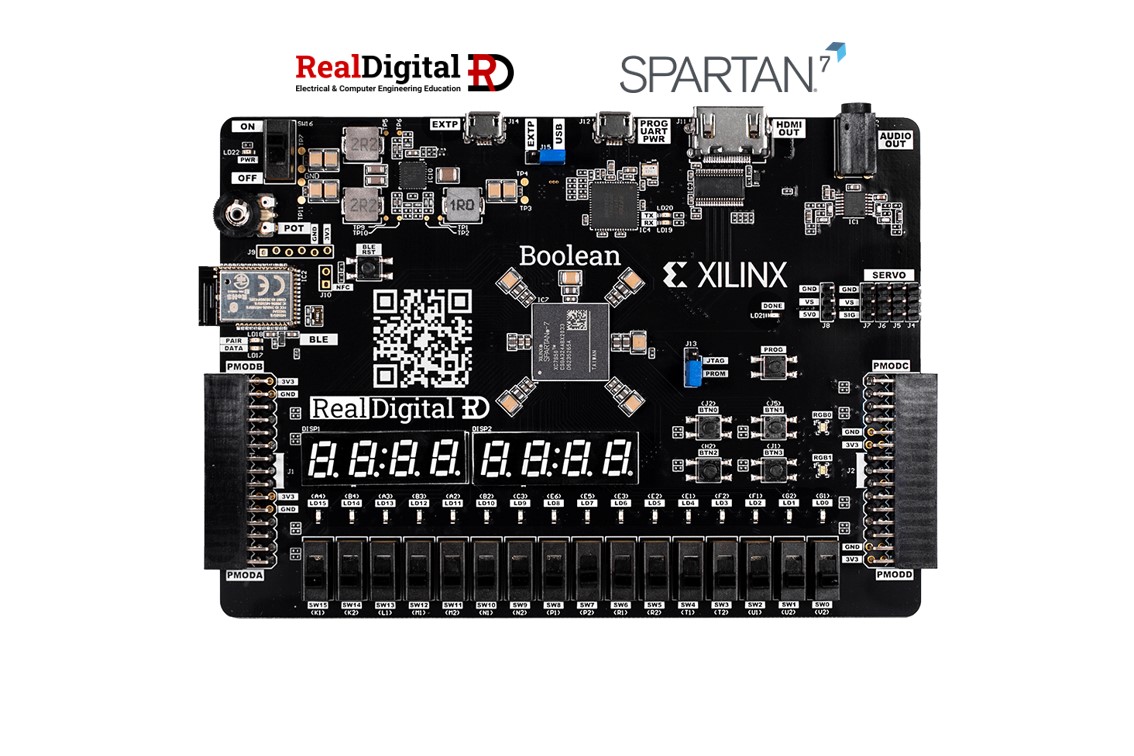The AMD Xilinx University Program provides support for academics using AMD tools and technologies for teaching and research. Find out more about available course material and other educational resources, live and virtual training, and our donation program where university staff can apply for software and AMD Xilinx development boards designed for academia.
See below for details on theHeterogeneous Accelerated Compute Clusters (HACCs)which provides researchers with remote access to high end compute acceleration hardware.
Overview
Academic boards
Find out more about low-cost XUP academic boards that are designed for classroom teaching and research projects.
Donation program
University staff are invited to apply for a donation of Xilinx software and IP licenses, and AMD Xilinx hardware including FPGA, Zynq, Zynq Ultrascale+, RFSoC, Alveo and Versal accelerator boards.
Training and teaching resources
The university program host free to attend training courses and tutorials on the latest AMD Xilinx tools and technologies, with the source material also available for educators to re-use in their teaching.
Competitions and other events
Find out about AMD, XUP and partner events including conferences, seminars, workshops and student competitions.
Highlights
HACCs
Introducing the Heterogeneous Accelerated Compute Clusters
The Heterogeneous Accelerated Compute Clusters (HACCs)
HACCs (formerly known as XACC, Xilinx Adaptive Compute Clusters) is a special initiative to support novel research in adaptive compute acceleration for high performance computing (HPC).
HACCs have been established at some of world’s most prestigious universities. HACCs are equipped with the latest AMD Xilinx hardware and software technologies for adaptive compute acceleration research.
Researchers are invited to join the programto get remote access to AMD Xilinx heterogeneous compute acceleration hardware.
PYNQ
Python Productivity for Adaptive Compute platforms
PYNQ is an open-source project from that makes it easier to use Adaptive Computing platforms.
Using the Python language and libraries, designers can exploit the benefits of programmable logic and microprocessors to build more capable and exciting electronic systems.
PYNQ can be used with Zynq, Zynq UltraScale+, Zynq RFSoC, Alveo accelerator boards and AWS-F1.
For more details, including how to get started, seewww.pynq.io.
Videos
University Program Overview
See the video for a short summary of the AMD Xilinx university program and what it offers.
Research & Open Source Projects
Visit theAMD AECG Research & Open Source ProjectsYouTube channel for videos on Open Source and related topics including research presentations, HACCs technical talks, university program training and tutorials, examples and demonstrations.
Events

January 16-18, 2023
The HiPEAC conference is the premier European forum for experts in computer architecture, programming models, compilers and operating systems for general-purpose, embedded and cyber-physical systems. Areas of focus and integration include safety-critical dependencies, cybersecurity, energy efficiency and machine learning.
Support
General Support
For general or technical questions related to AMD Xilinx software, hardware and devices we recommend youpost a question to the Xilinx support forum.
If you need other support you can contact XUP.
Contact XUP
You canemail XUPwith any questions you have related to our University program. This may be for enquiries about software or IP licenses, XUP academic boards, teaching and training material and events, or a class or research project.
PYNQ Support
For PYNQ support, pleasepost any technical question on the PYNQ Support forum.
You can also contact XUP for any other questions related to PYNQ.









